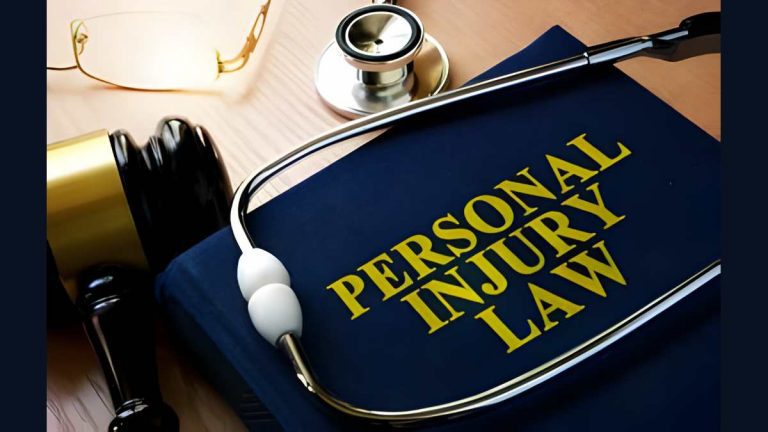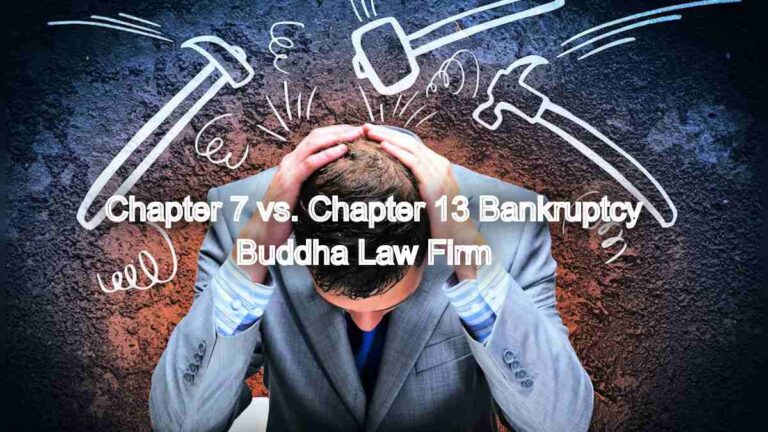Your Rights When Facing Criminal Charges: The Indian legal system can be complex, especially when navigating the unfamiliar territory of criminal accusations. Being charged with a crime can be a stressful and overwhelming experience. However, it’s crucial to remember that you have fundamental rights enshrined in the Indian Constitution and Criminal Procedure Code (CrPC) that protect you throughout the legal process. Buddha Law Firm, a team of experienced criminal defense attorneys, is here to guide you through these rights and empower you to make informed decisions.
Your Rights When Facing Criminal Charges in India: An Overview by Buddha Law Firm
Understanding the Landscape: Types of Offenses and the Arrest Process
Criminal offenses in India are categorized into two main classes:
- Cognizable Offenses: These are serious crimes, often involving violence, theft, or fraud, for which the police can arrest you without a warrant. Examples include robbery, assault, and drug trafficking.
- Non-Cognizable Offenses: These are less serious crimes, such as defamation or public nuisance, where the police typically require a warrant before making an arrest.
The arrest process itself is outlined in the CrPC. If the police arrest you for a cognizable offense, they must inform you of the grounds for arrest in your language and have your arrest witnessed by at least one independent person. You have the right to remain silent and not answer any questions until you consult with a lawyer.
The Cornerstone of Your Defense: Your Fundamental Rights
The Indian Constitution guarantees several fundamental rights that safeguard you during a criminal investigation and trial. Here are some key ones to remember:
- Right to Remain Silent (Article 20(3)): You are not obligated to answer any questions posed by the police or provide any information that could incriminate you. You have the right to say, “I want to speak with my lawyer” and politely decline to answer further.
- Right to Legal Counsel (Article 22(1)): You have the right to be represented by a lawyer throughout the legal proceedings. If you cannot afford a lawyer, the court will appoint one for you.
- Right to Protection from Arrest and Detention (Article 22): The police cannot arrest you without following proper legal procedures.
- Emphasizing the authority figure: You have the right to be brought before a magistrate by the police within 24 hours
- Right to Fair Trial (Article 21): You have the right to a fair and impartial trial by a competent court. The law guarantees you the right to be heard in court, present evidence on your behalf, and directly question any witnesses who may testify against you.
The Importance of Seeking Legal Representation
While understanding your rights is crucial, navigating the complexities of a criminal case alone can be daunting. An experienced criminal defense lawyer from Buddha Law Firm can be your invaluable ally throughout the process. Here’s how they can help:
- Protecting Your Rights: Your lawyer actively fights to ensure your rights are upheld during police questioning and throughout the legal proceedings.
- Building a Strong Defense: They will meticulously investigate your case, gather evidence, and strategize a robust defense tailored to the specifics of your situation.
- Communication and Negotiation: Your lawyer will act as your voice in court and communicate effectively with the prosecution on your behalf. They may also explore plea bargaining options if appropriate.
- Courtroom Advocacy: If your case goes to trial, your lawyer will represent you competently in court, present your case persuasively, and fight for the best possible outcome.
Empowering You Through Knowledge: Frequently Asked Questions
Remain calm and politely assert your right to remain silent. Do not answer any questions until you have spoken with a lawyer.
Buddha Law Firm offers flexible payment options and can discuss fees based on your specific case. Additionally, the court can appoint a lawyer for free if you cannot afford one.
The potential consequences of a criminal conviction vary depending on the severity of the offense. Penalties can range from fines and community service to imprisonment. Your lawyer will explain the potential consequences you face and work towards mitigating them.
Yes, there are situations where charges can be dropped. This could happen if there is insufficient evidence, procedural errors by the police, or if a plea bargain is reached.
The duration of a criminal case can vary significantly depending on the complexity of the charges, the availability of evidence, and whether the case goes to trial.
Taking Control of Your Future: Buddha Law Firm Stands With You
Facing criminal charges can be a life-altering experience. However, you are not alone. Buddha Law Firm is dedicated to protecting your rights and advocating for your best interests.
Read More
- Protecting Your Rights: How a Family Law Attorney Can Help in Domestic Violence Cases
- Divorce Mediation vs. Litigation: Which Option is Right for You?
- Navigating Child Custody Battles: What You Need to Know
- Expert Personal Injury Attorneys: Compassionate Representation for Your Case
- Criminal Complaints Services in Chennai: Expert Lawyers
- Department of Legal Affairs:




